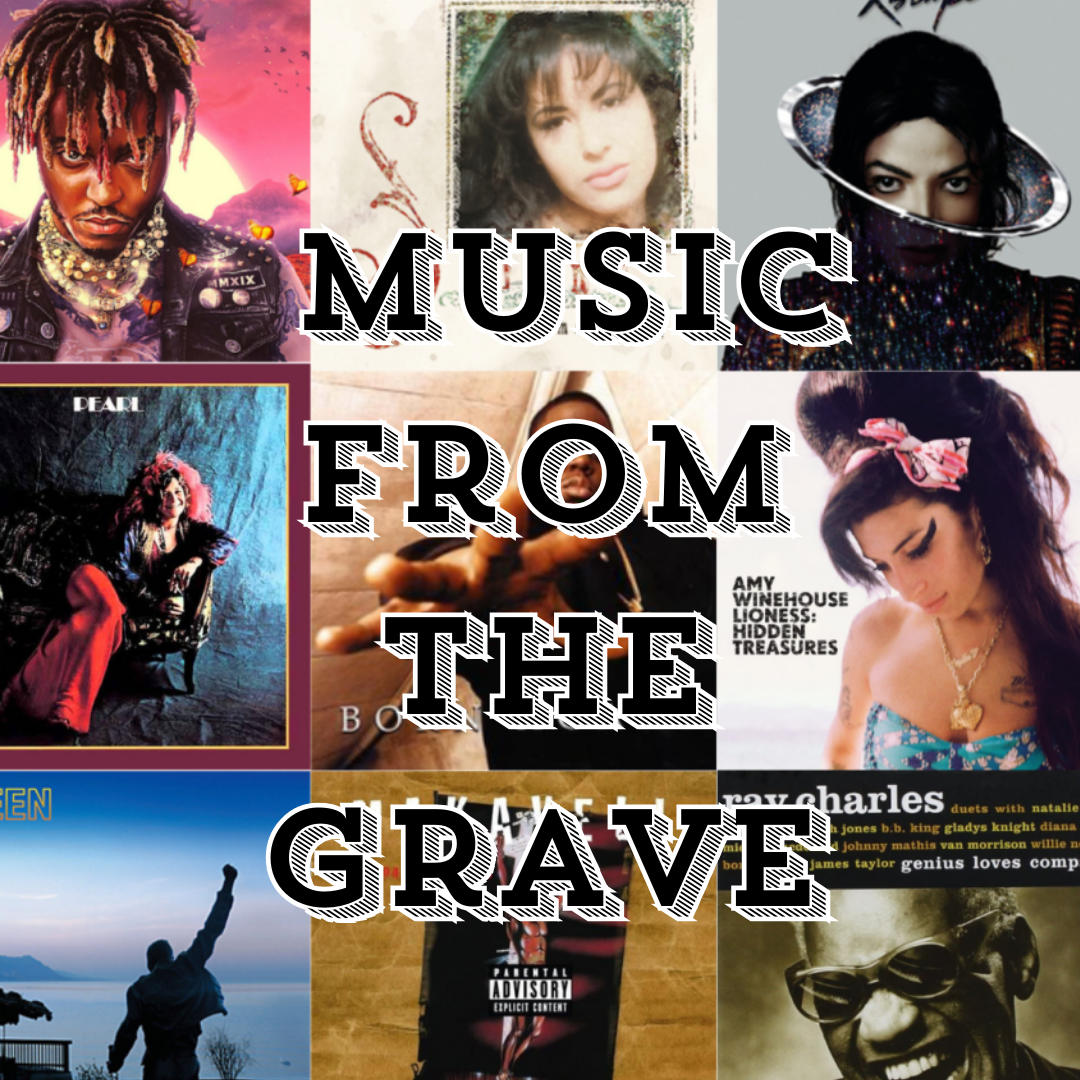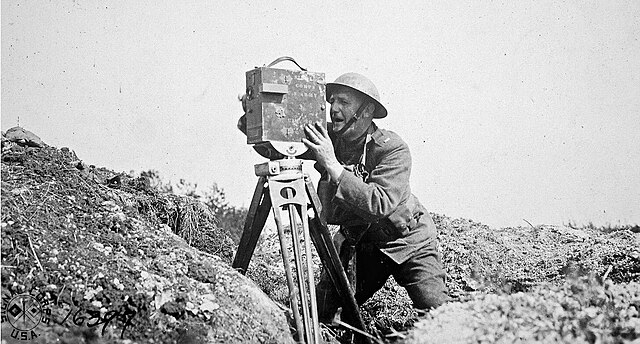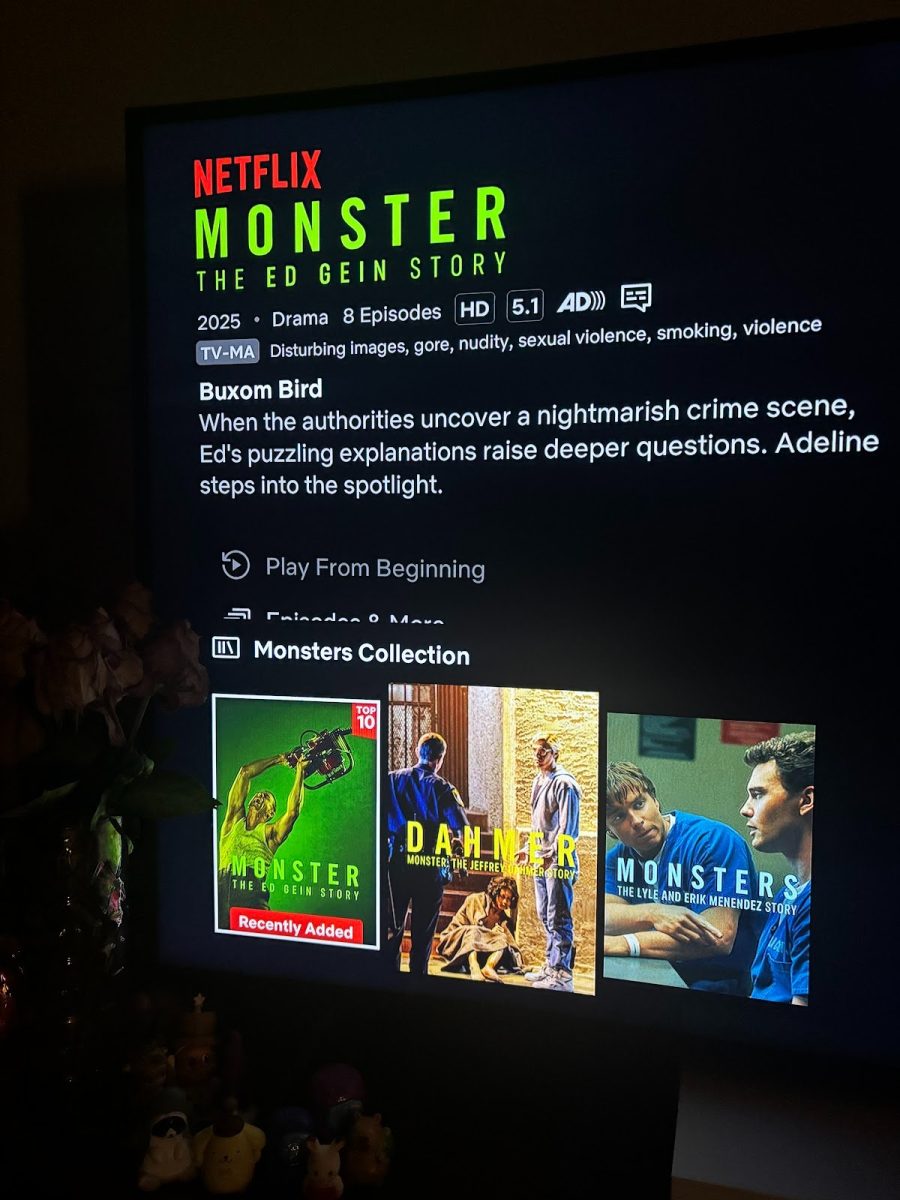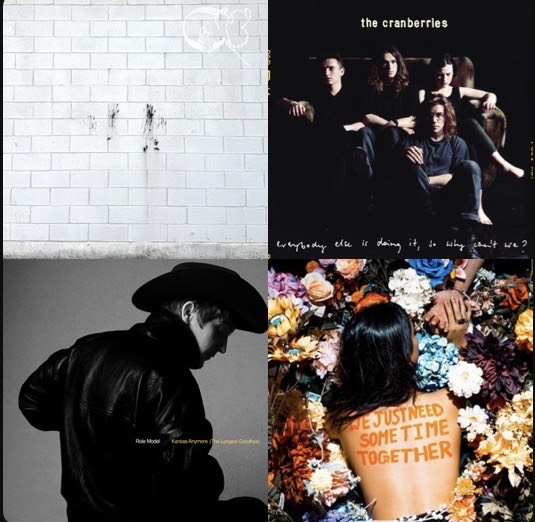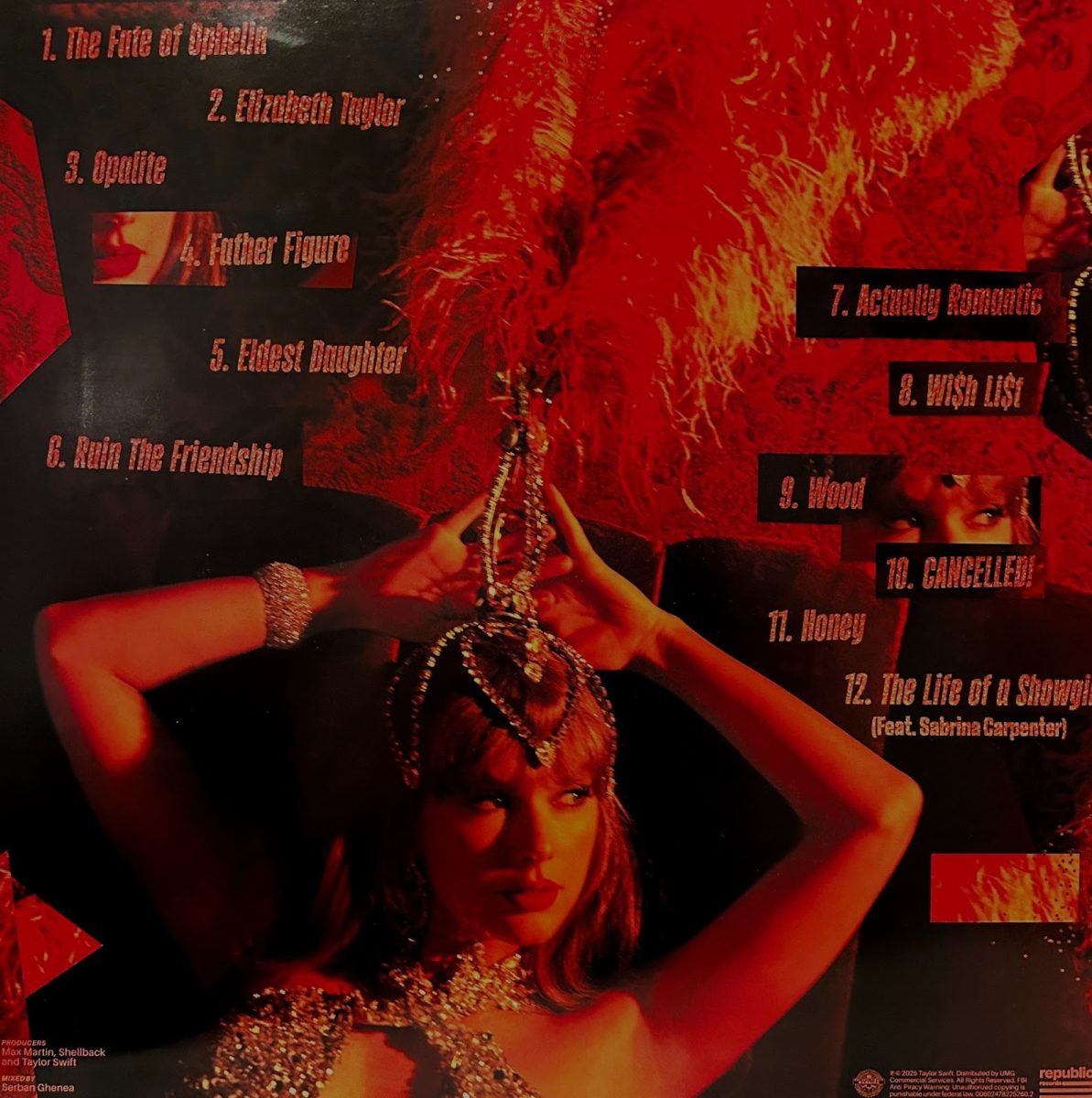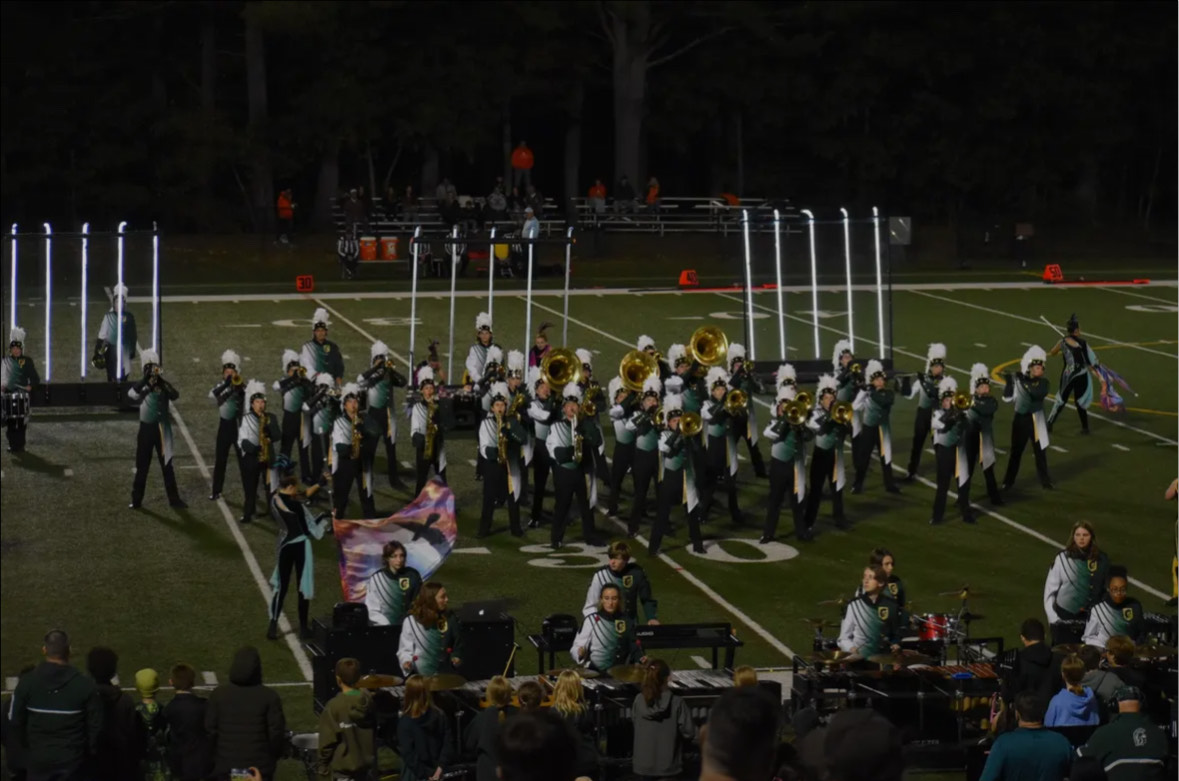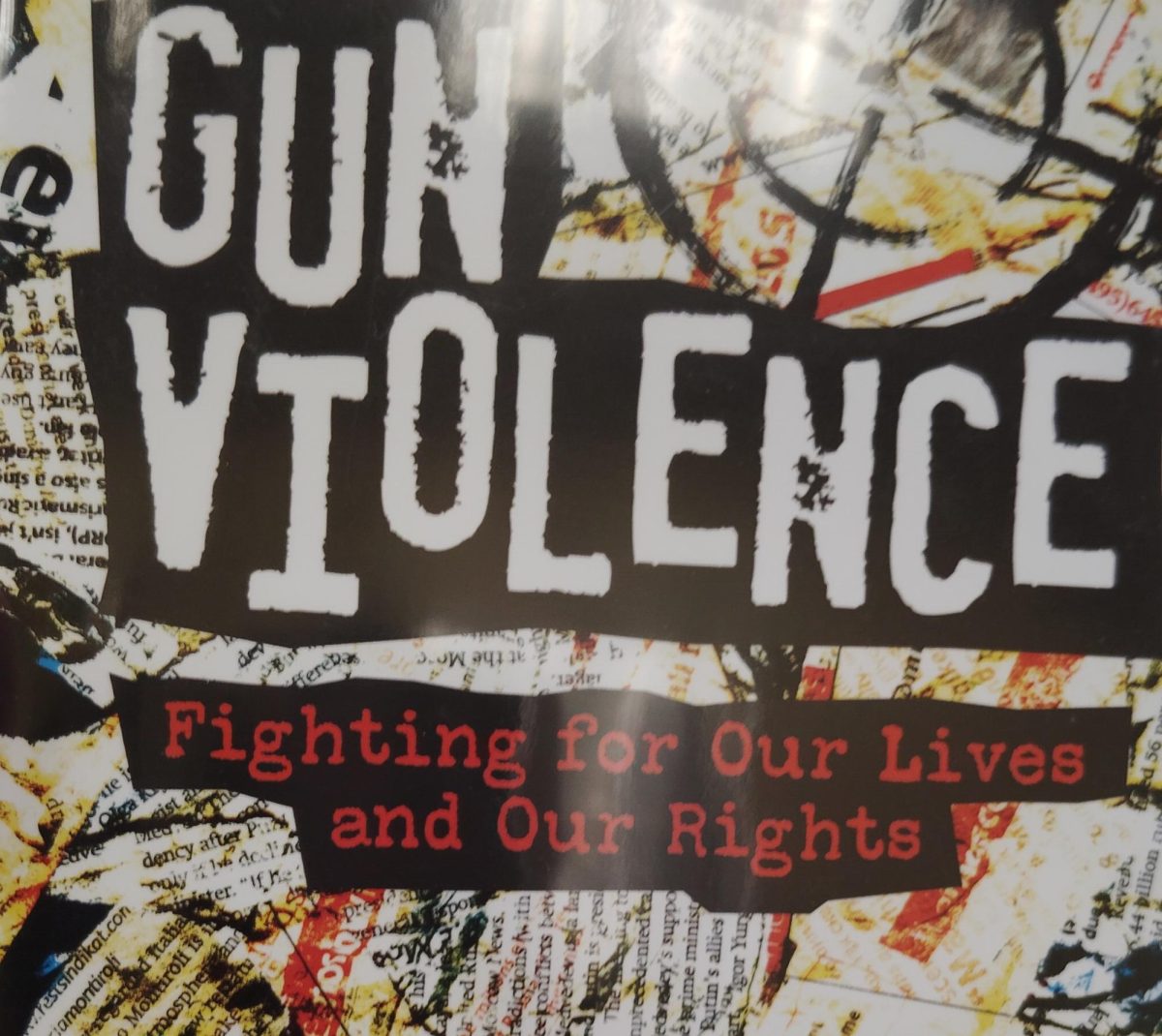Posthumous music is a sensitive topic for music fans, and with the recent release of the posthumous SOPHIE album I wanted to bring this topic to light. A lot of people feel that releasing for artists after they die is disrespectful, and many times, against the artist’s wishes. Usually, when posthumous albums are released, they are left unfinished, which can be seen as an incomplete stain on an artist’s discography.
Releasing posthumous albums can be seen as disrespectful and greedy of the label to release after the artist has passed on. Which in a lot of cases I agree with. It is milking an artist because of their popularity and to get more money off of their work, rather than respecting it. Due to the contract, the artist signed their work over to the label, allowing them to release their work regardless of morals.
However, I do think it can be done right and respectfully. For MF Doom, all sales of his posthumous music and merchandise go directly to his family rather than the label. It works in cases like this because the family is directly helped. Some artists are VERY openly against this practice, like Tyler the Creator or Anderson Paak. Paak went as far as to get a tattoo stating, “When I’m gone, please don’t release any posthumous albums or songs with my name attached. Those were just demos and never intended to be heard by the public.”
Music fans are highly divided about how to handle these albums. Artists have different ideas about what happens to their art after their death, but what if nothing is given? Should labels release their work, unless explicitly told to by the artist? In my opinion, no. Although I think these releases can be done right, in general, they shouldn’t be done unless the artist specifically wants them to, which is rare. This can be a scummy practice and is a corporation using an artist’s name and legacy to generate more sales.
Despite moral or legal reasons, these albums get released, but are they ever even good? The answer is, that they definitely can be. One of the most famous posthumous albums is “Life After Death” by Notorious B.I.G. It was released 16 days after his murder and was an instant classic. I think this works as a posthumous album because it was finished when Notorious was murdered and is a perfect send-off to his career. It’s one of the most critically acclaimed rap albums ever and is a bittersweet listen.
Another classic is Pearl by Janis Joplin. This is widely considered one of, if not, the best posthumous albums ever. It was released in 1971, three months after her death. Despite being a posthumous album, which is known to not be as polished, this album is higher quality and more polished than any of her previous work. Thanks to her producer Paul Rothchild, the vocals on this album came to life. And once again the album was fully recorded and almost finished before her death. This is a common theme among great posthumous albums.
What about smaller music, like singles? These can be even more common than posthumous albums. One very prominent recent release was “Now and Then” written and recorded in the late 1970s by John Lennon, and left as a demo. But recently it was released and dubbed “The Last Beatles Song”. This felt like a marketing gimmick to generate more sales off of the most famous band in history. It’s known at this point that AI technology was used to make the 2024 version of this song, but it’s important to note that it wasn’t any sort of generative AI like many people think. It was used to isolate John’s vocals from the original demo. I honestly don’t think that’s a bad thing, especially since it was the work of Paul McCartney, someone who knew John well.
Posthumous music will always be debated among fans. In my opinion, it depends on the circumstances around the release to determine whether it’s morally right or not. This music is interesting, it can sometimes be a masterpiece and a highlight of an artist’s discography, or simply incomplete demos released by labels to make quick money.



